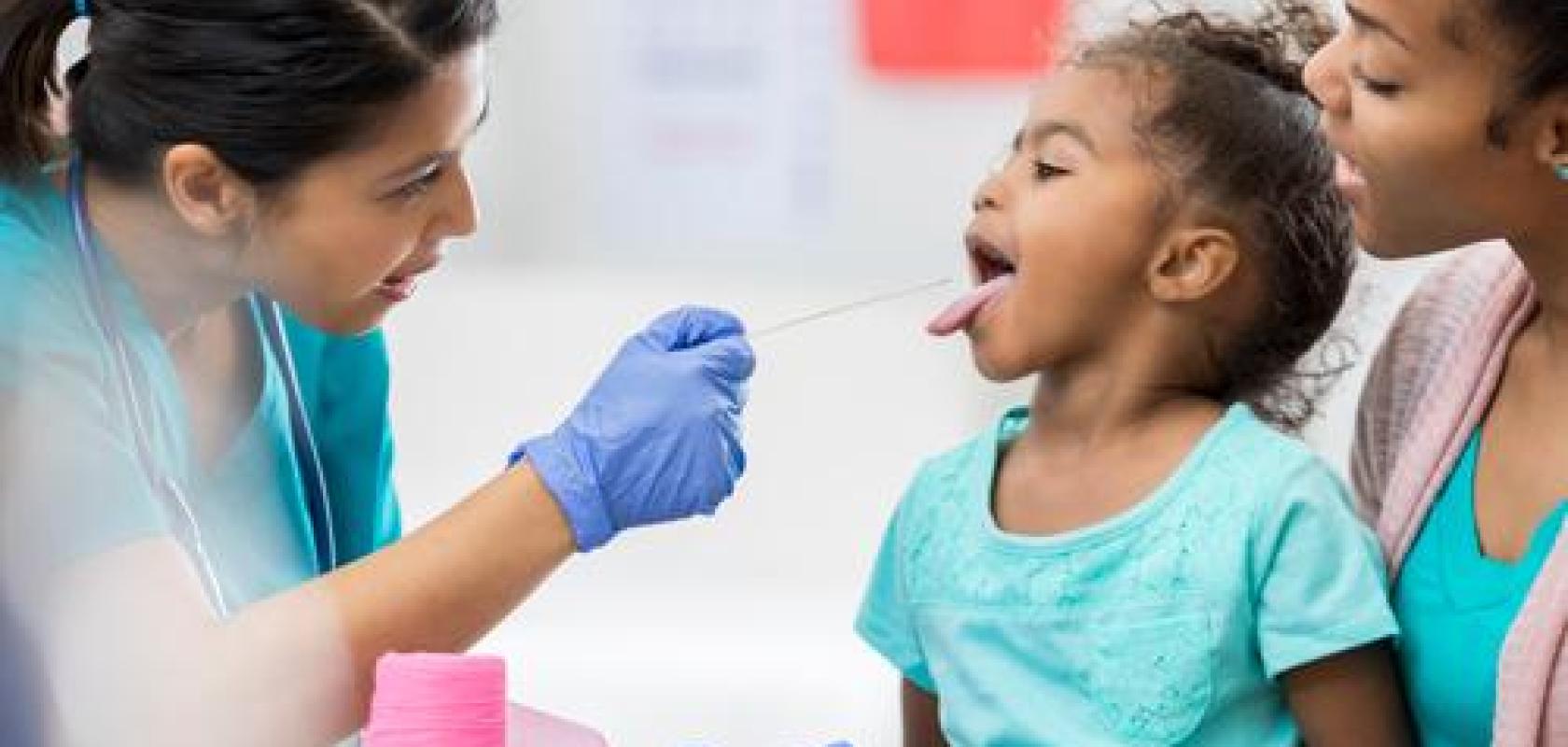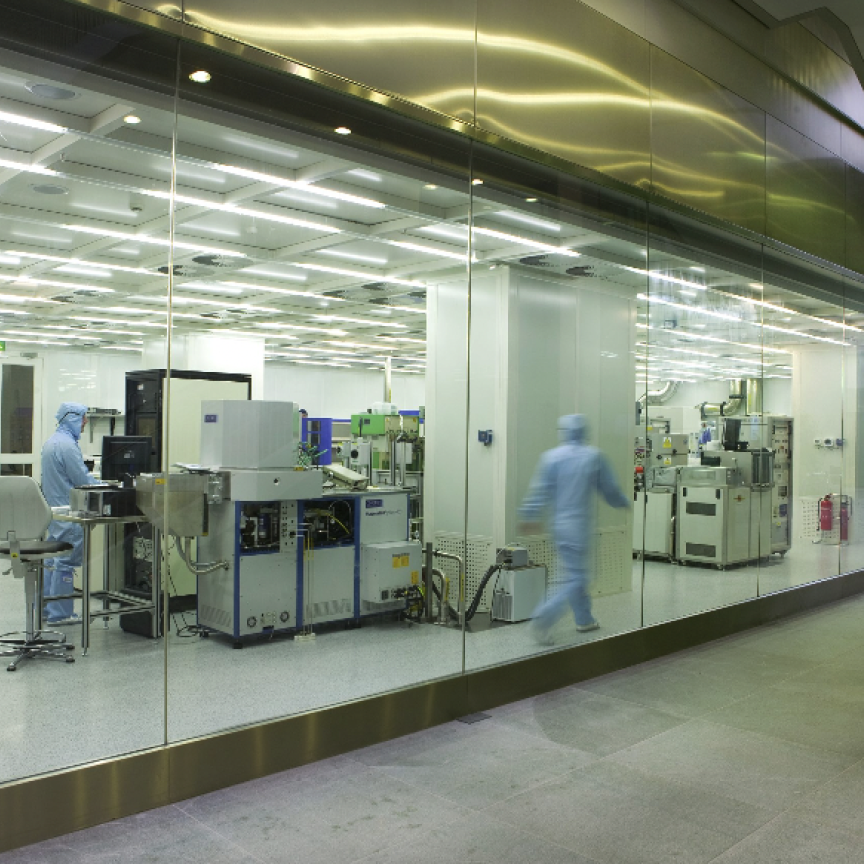A Dutch consortium has invested €8.5 million into a photonics point-of-care device that can detect cancer and other diseases early.
The consortium, consisting of companies Qurin Diagnostics and LioniX International, industry accelerator PhotonDelta and the East Netherlands development agency Oost NL, has invested the funds for further development of Surfix’s diagnostics platform into various point-of-care tests.
The initial target applications are early cancer diagnosis, Covid-19 detection and tracing of pathogens in water for aquaculture.
Surfix, a spin-off from Wageningen University & Research, aims to make a test that is available for the masses and at the cost of only a few euros.
The biosensor of Surfix consists of two elements: the most crucial part is the chip in which the actual sensing occurs. The other part is the microfluidics part, in which the biological assay takes place in a small sample volume.
In the sensing part light passes through the chip (comparable to a minuscule glass-fibre spiral) instead of electricity. Biomolecules attached to the surface of the chip can catch other biomolecules out of a sample (for instance blood or urine), based on biorecognition. This causes a change in the properties of the light that is traveling through the chip, which can be detected and read by the sensor system. This change is a measure of the presence of the biomolecule in the sample one is looking for.
Before entering the sensing part of the sensor, any sample needs to be processed (comparable to a very small laboratory). This takes place in microfluidic channels which feed the sample into the sensing part.
For the sensing part Surfix has developed unique nano-coatings which enable the binding of biomolecules and enhance the sensitivity of the sensor, while the microfluidic part is covered with a different nano-coating that repels biomolecules and enhances the flow of the sample through the microfluidic channels.
The diagnostics platform can be used to detect viruses, DNA and RNA, proteins like antibodies and antigens, and other biomolecules.
Combination of Dutch technology
The platform combines LioniX’s integrated photonics chip with Surfix’s nanocoatings for the proper functioning of both the sensing part and the microfluidics part. Integrated photonics is a revolutionary technology that allows the development of chips that can sense, capture and process huge amounts of data with light instead of electricity. Using light means that new types of devices and systems such as biosensors can be created that are radically cheaper, faster, smaller, more robust and reliable while using less energy.
Qurin will be the launching customer for the platform in the field of cancer diagnostics in a screening setting on a regular basis for the entire adult population. This way Surfix hopes to contribute to the early detection and cure of the cancer patient. Qurin’s novel biomarker technology aims to detect most if not all cancer types in urine, including lung cancer and cancer of the large bowel.
Maarten Buijs, CEO of Surfix, said: 'With this development, we have deepened our relationship with parent companies LioniX and Qurin, both University of Twente spin-offs. With OostNL and PhotonDelta on board our drive is to bring point-of-care diagnostics to the next level. In combination with the network and experience of the two Dutch public-private organisations, the leading-edge integrated photonics technology of LioniX and the medical knowledge of Qurin, the investment will allow us to take on the industrialisation of our solution and clinically validate the exciting results in biomarker detection obtained to date.'
Pieter Klinkert of Oost NL said: ' The solution of Surfix supports the important ecosystem of photonic biochips and microfluidics which Oost NL acknowledges as key enabling technologies. Surfix can realise a breakthrough in the field of diagnostics based on photonics.'


